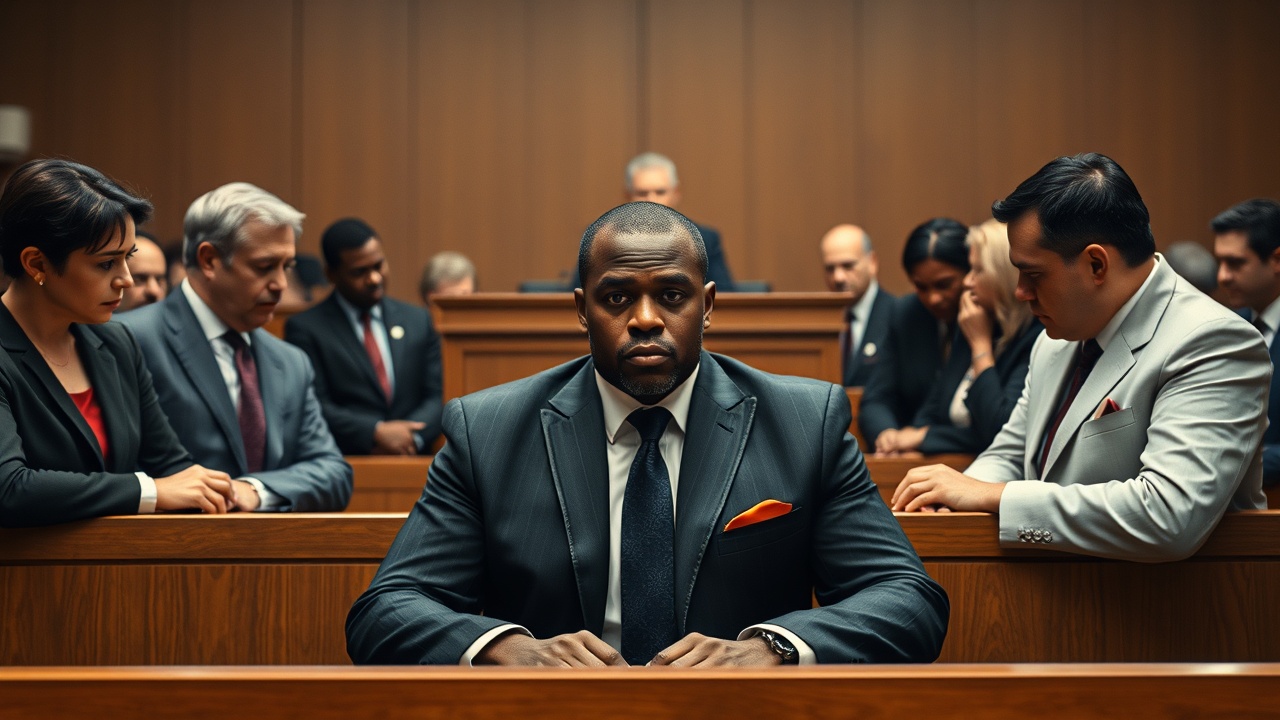Key Developments in the Case Against Michael McLeod
In a dramatic legal presentation this week, the prosecution characterized Michael McLeod as the primary instigator behind the alleged sexual assault case involving Hockey Canada players. During closing arguments, attorney Meaghan Cunningham argued that McLeod orchestrated a series of sexual encounters that were not consensually agreed upon by the complainant, E.M., a 20-year-old woman whose identity is safeguarded by a publication ban. Cunningham asserted that McLeod had painted an inaccurate picture of the events, falsely suggesting that E.M. was the one who encouraged the group’s sexual activities.
The Incident and Charges
The Crown’s case centers around an incident from June 2018, when the players involved—McLeod, Carter Hart, Alex Formenton, Dillon Dubé, and Cal Foote—were attending a Hockey Canada event after their World Junior Championship win. Each of the players faces charges of sexual assault, denied by all involved.
Arguments Presented by the Prosecution
Cunningham presented a series of arguments and evidence intended to highlight E.M.’s lack of consent during the alleged events. Notably, she argued that McLeod’s claims contradicted the documented evidence, including text exchanges and witness testimonies. For example, Cunningham highlighted a key difference in perspectives: while McLeod’s defense maintains that E.M. instigated the invitation of teammates for a ‘wild night‘ at his hotel room, E.M. testified that she was taken aback by the arrival of other men and had not agreed to any group sexual activities.
Inconsistencies and Witness Testimonies
The prosecutor utilized McLeod’s own words from police interviews to illustrate inconsistencies in his account. She scrutinized a text that McLeod sent to a group chat, asking who wanted to join in a ‘3 way quick‘ and separately messaging a teammate about a sexual act, arguing that this undermined his claim that E.M. was the aggressor.
Cunningham also emphasized the testimonies of other players, Raddysh and Katchouk, who described E.M. as appearing uncomfortable during the incident. They noted that she had initially been lying in bed, seemingly uninterested in the interactions happening around her, a behavior inconsistent with someone wanting to engage in sexual activities with multiple partners. In contrast, other witness accounts from players in a group chat suggested that E.M. had been the instigator, leading to conflicting narratives that Cunningham labeled as fundamentally irreconcilable.
Defense Perspective
The defense has countered the allegations by arguing that E.M. participated willingly and had misleadingly characterized the events. Defense attorney Julianna Greenspan suggested that an incident where Foote allegedly performed a non-sexual party trick was indicative of E.M.’s desire for attention rather than evidence of victimhood. Greenspan criticized witnesses for what she perceived as biased testimonies and emphasized the presumption of innocence for the defendants, citing the high-profile attention surrounding the case as potentially influencing perceptions of their actions.
Conclusion
As the trial progresses, the courtroom remains keenly focused on the contrasting views of consent and conduct between the players and the complainant. Closing arguments by both sides have laid the groundwork for a critical moment in understanding how the court will interpret the actions of McLeod and his teammates on that fateful night.




